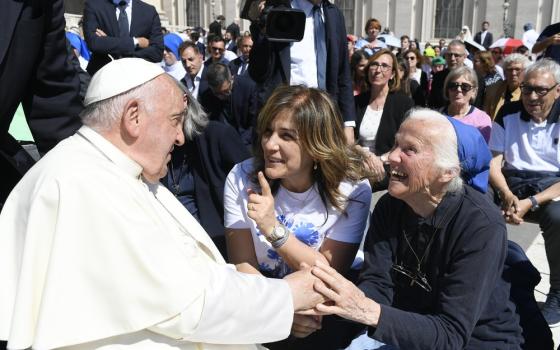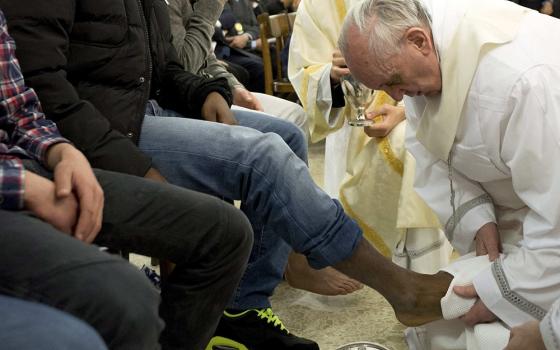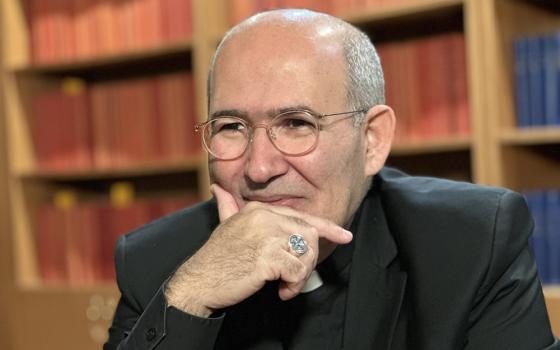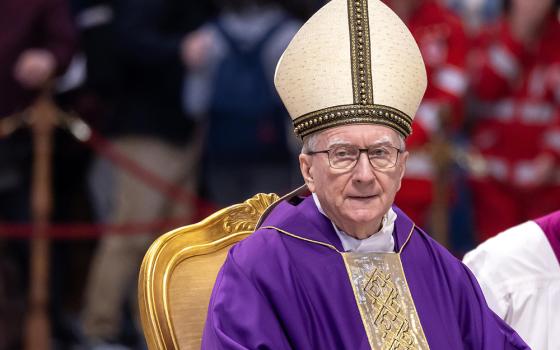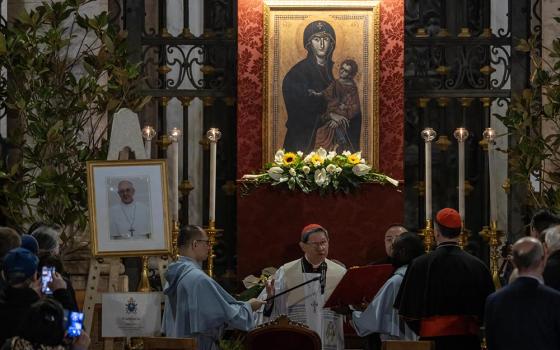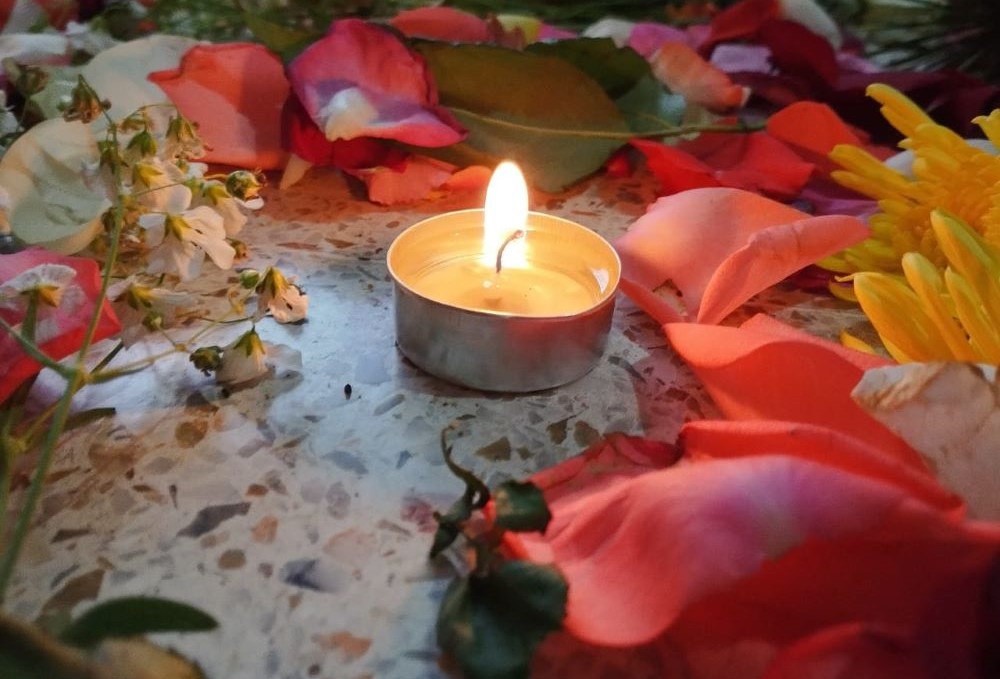
(Flying in V Formation)
In the sacred Scriptures, the verse, "There is no greater love than to lay down one's life for one's friends" (John 15:13), calls us to reflect deeply on the true meaning of love and unconditional self-giving in our daily lives. This love is revealed through concrete gestures that, although they may seem insignificant at times, give life a sense of fulfillment.
Jesus, with his community of friends, offers us specific lessons on how he loved and gave of himself each day to create spaces and experiences that rescued his followers from the meaninglessness and oppression they lived in. His expressions of affection, welcome, appreciation, and healing restored life and dignity to those who approached him, longing for change. Many times, his self-giving led him to forgo his own well-being. To those he called friends, he gave his life with gratitude and dedication, even amid the difficulties of his time.
When the Christian mission calls us to share life in places of conflict and instability, we live each day with intensity but also with uncertainty. One never knows when it will be necessary to leave our place of mission, flee to protect one's life, face imprisonment, or even death. This has been our reality in Nicaragua for many years, not knowing when persecution and exile will reach us. In these circumstances, we are called to build our community of friends in the way of Jesus.
As followers of Jesus, we feel challenged to reveal the face of the merciful God, to transcend suffering, and to not let the discourse of hatred rob us of inner peace or plunge us into despair.
One of the most painful aspects of living under a dictatorship is the constant threat against life, fulfillment and freedom — values that Jesus always sought for everyone. Continuous oppression, insecurity, imposed silence and growing mistrust among people prevent stability.
In the face of this reality, giving one's life means finding deep meaning in every event. Personal accompaniment, attentive and empathetic listening to the cries, dreams and hopes of so many people are part of this daily self-giving. These encounters become whispered psalms, encouraging one another and keeping alive the hope of change, even when it seems distant.
Giving one's life is not just about thinking of physical death but about finding reasons to remain alongside those who need companionship, listening, solidarity, empathy, closeness, affection and support. Through reciprocal gestures, we sustain one another, forming an extended family — a community of friends strengthened by the challenges of the journey, where secrecy becomes a means of protection.
To give one's life daily in mission is to discover that we can walk together, sharing sorrows, struggles, joys and hopes. In communities of faith and life, we find people living with the certainty that the God of life does not abandon us and provides the means and strength among the people to continue raising our voices. We dare to denounce injustices and the culture of oppression and death while remembering that in the strength of the community and unity as a people, we can find hopeful paths forward.
From a spiritual perspective, we learn to pray, reflect and contemplate God's presence in the stories of life. Every person who opens their heart to express their suffering and the pain of family separation due to exile, imprisonment, death or forced illegal migration faces dangers, cruelty and inhumanity at borders controlled by organized crime and government corruption.
Living one day at a time becomes a motto for survival. Learning to savor moments that expand the heart and enrich life is the lifeblood that sustains us on the arduous and barren path when we feel like prisoners in our own communities and country. We repeat to ourselves: "Live one day at a time" as an act of resistance when the lack of freedom to express ourselves and share becomes part of daily life, and we can only turn it into prayer, even as our souls cry out to transform it into action.
Each encounter with friends and companions in mission becomes a space for analyzing reality and a form of catharsis to avoid emotional turmoil. How can we continue to speak of resurrection and hope when dictators believe they own everything? We find answers in those who, despite having the chance to leave, remain to serve in schools, hospitals, markets, churches and other places. We grieve for those forced to work under threats and for those who, out of fanaticism, support the regime with hardened hearts and blinded eyes.
Advertisement
To give one's life in a country under totalitarian dictatorship means learning to live in active resistance, creatively defying imposed measures. We learn to respond with prudence to the control and pressure of the so-called "order" agents. Over time, we understand that living under a different kind of prophecy means not responding with evil to the evil received, but remaining steadfast with wisdom and strength.
Silence as a sacrifice is another form of self-giving. It pains us when our organizations are dissolved, and our spaces and belongings are arbitrarily seized. We must endure insults in silence, aware of the violence that dispossession entails. Choosing to stay amid conflict is a sign of love — helping to bind and heal wounds, build bridges, and fight for a better country.
Amid control and surveillance, giving one's life means resisting and fostering change through education and Gospel reflection. Surviving with dignity is also a form of self-giving. This self-giving is expressed by being present in these places as signs of God's love, accompanying those who suffer, promoting peace, reconciliation and human dignity. It is a testimony of faith and courage, often at personal risk. Self-giving also means maintaining integrity in the face of corruption and refusing to succumb to dark forces; it is a commitment to life and faithful discipleship of Jesus.
Sharing life with friends in difficult mission times is a way of loving that makes our lives increasingly fruitful. It means living with a deep commitment to service, love and justice.
As followers of Jesus, we feel challenged to reveal the face of the merciful God, to transcend suffering, and to not let the discourse of hatred rob us of inner peace or plunge us into despair. In light of this, we ask ourselves: How can we bear witness to love and self-giving in the face of those who promote unjust structures?
We bear witness to love and self-giving when we choose to love amid persecution, when we challenge unjust structures and create spaces of humanity and healing. We do so by learning to forgive, reconcile and serve even in the midst of suffering. In the midst of persecution and uncertainty, choosing to give our lives for others is an act of love that cannot be silenced. As the Jesuit martyr Luis Espinal so powerfully expressed:
"Lord Jesus Christ, we are afraid to spend our lives. But you have given us life to be spent; it cannot be hoarded in sterile selfishness. ... Life is given simply, without publicity, like the spring’s water, like the mother nursing her child, like the humble sweat of the sower."


